Diarrhea in chinchillas can be a serious problem. Since they are such small animals, chinchillas can deteriorate very rapidly from a case of diarrhea. Below are listed the symptoms, causes, treatment, and ways to prevent diarrhea.
Symptoms
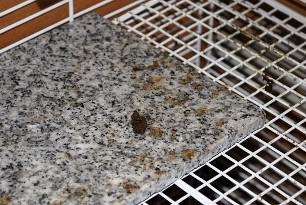 Diarrhea on a Cooling Stone
Diarrhea on a Cooling StoneCauses and Prevention A variety of causes exist for diarrhea. Some of them include bad food or hay, too many or inappropriate treats, too much alfalfa, a rapid change in diet, algae in the water bottle, ingesting a foreign substance, parasites, and bacteria.
Feed and hay that has become moldy or has had been contaminated with a foreign substance can upset a chinchilla’s
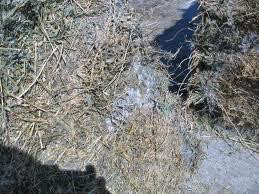 Moldy Hay
Moldy HayAnother cause for diarrhea is too many or inappropriate treats. Too many treats may cause problems by upsetting the delicate balance of the chinchilla’s digestive system. Inappropriate treats such as dried or fresh fruits and vegetables, diary products, nuts and seeds can also cause diarrhea because they contain items such as sugar and fat that chinchillas cannot digest. Additionally, fruits and vegetables contain sugars that encourage the rapid growth of bad bacteria in the chinchilla’s digestive tract. It is best to only give treats once or twice a week and only one treat at a time. Avoidance of inappropriate treats is always a wise idea.
Examples of Inappropriate Treats for Chinchillas - DO NOT FEED - Can Cause Diarrhea
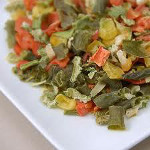 Dried Vegetables
Dried Vegetables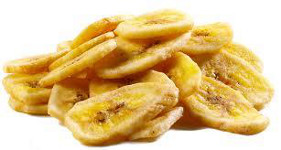 Banana Chips
Banana Chips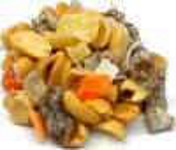 Trail Mix
Trail Mix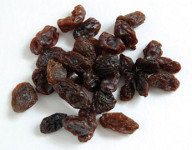 Raisins
Raisins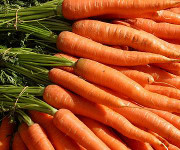 Carrots
Carrots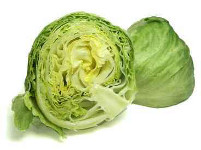 Letuce
Letuce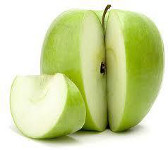 Apples
Apples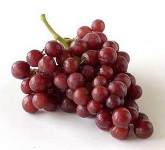 Grapes
Grapes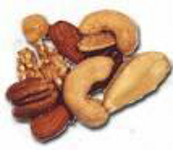 Nuts and Seeds
Nuts and Seeds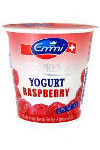 Yougurt
Yougurt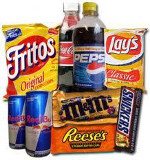 Snack Food
Snack FoodThe following are some (but by no means all) items available at pet stores but should NOT be given to chinchillas.
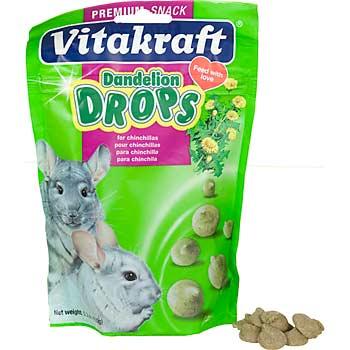
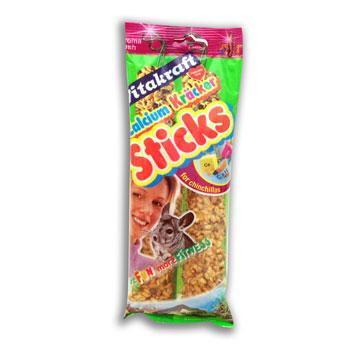
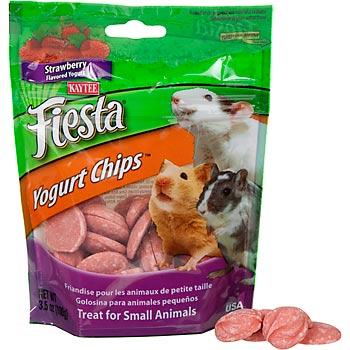
Alfalfa,
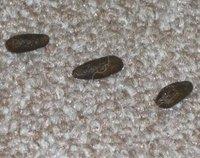 Normal Chinchilla Dropping
Normal Chinchilla DroppingChanging feeds suddenly is yet another cause of diarrhea. It can take a while for a chinchilla’s gut to get used to a new feed. The best way to avoid this it to make a slow transition from the old feed to the new by mixing the two. The recommended schedule for changing pellets is as follows;
Week 1
Week 2
Week 3
Week 4
Week 2
Week 3
Week 4
Mix 1 part(25%) new feed with 3 parts(75%) old feed
Mix 2 parts(50%) new feed with 2 parts(50%) old feed
Mix 3 parts(75%) new feed with 1 part(25%) old feed
100% new feed
Mix 2 parts(50%) new feed with 2 parts(50%) old feed
Mix 3 parts(75%) new feed with 1 part(25%) old feed
100% new feed
In addition to the slow switch, it is wise sprinkle acidophilus on the chinchilla’s pellets. This will help to ease the transition. If a slow switch is impossible, acidophilus can be used to help with a sudden change.
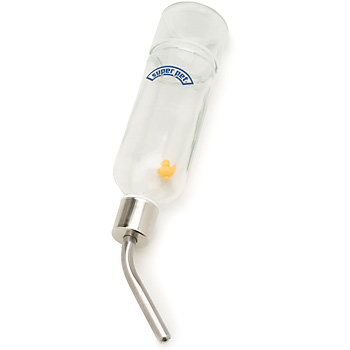 A clean Glass Water Bottle
A clean Glass Water BottleOften, chinchillas will develop diarrhea after ingesting a foreign substance. This substance can be on their food or hay or can be something that the chinchilla found either in their cage or while out playing. Always check feed, hay and bedding for any items that do not belong and remove them. When having playtime, be sure that the area or room is chinchilla proofed by making sure that there is nothing in the chinchilla’s reach that can cause harm.
The final cause for diarrhea in chinchillas is bacterial or parasitic infections. Bacterial infections can come from a dirty cage or food bowl or from a dirty water bottle. Parasites are usually transmitted through the water supply or from exposure to feces from an infected animal. Both bacterial and parasitic infections can come from tap water. Since chinchillas have a delicate digestive system and are so small, amounts of bacteria and parasites in the water that are acceptable for human consumption can cause problems for a chinchilla. To avoid those problems, use filtered water or bottled water that has been filtered. Be sure the filter removes giardia cysts. Water from a reverse osmosis system is also good for chinchilla use.
Treatment
The first step in treating diarrhea in chinchillas is to remove the cause, if it is known. For example. if the chinchilla is being fed too many or the wrong kind of treat, stop giving the treat to the chinchilla. If the hay is moldy, throw it out and purchase new hay. It is also advised to feed only timothy hay (no pellets or treats of any kind) for a period of 24 to 48 hours. This will give the chinchilla’s digestive system a chance to return to a normal balance. One half of a mini shredded wheat square sprinkled with activated carbon can also be given to help firm up the bowel movement. This can be repeated up to three or four times a day. If after 48 hours, the chinchilla continues to have symptoms of diarrhea, it is time to take the animal to the veterinarian for an assessment to determine the cause and find appropriate medication.
When is diarrhea considered an emergency?
There are a few reasons to take the chinchilla to the veterinarian immediately. These include diarrhea that is very or has lasted more than three days, ingesting a foreign object, enteritis, and illnesses such as bacterial or parasitic infections.
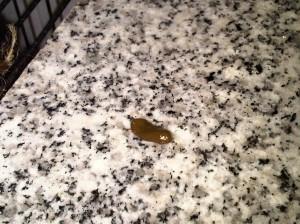 Wet Slimy Diarrhea
Wet Slimy DiarrheaChinchillas use their mouths to explore their world, much like a human toddler. Anything within their reach will be chewed and possibly ingested. Many household items can be toxic to chinchillas. Some of these include, but are not limited to: house plants, plastic, metal, certain woods, cleaning chemicals, pesticides and baits, and food or drink items such as chocolate and alcohol. If a chinchilla eats any of these items, it needs to be taken to the veterinarian immediately. Always closely supervise a chinchilla when it is out of its cage. This will help prevent the chinchilla from eating anything it should not.
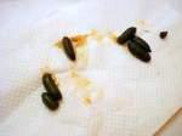 Moist Dropping with
Moist Dropping witha Slimy Coating
Please note, diarrhea is often contagious. The chinchilla will need to be quarantined away from other chinchillas. To keep the chinchilla from re-infecting itself or others, the cage and all items in it should be thoroughly cleaned and disinfected. If an item cannot be cleaned or sanded, it will need to be thrown away.



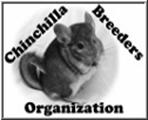 Site Last Updated on December 31, 1969 05:00 pm
Site Last Updated on December 31, 1969 05:00 pm